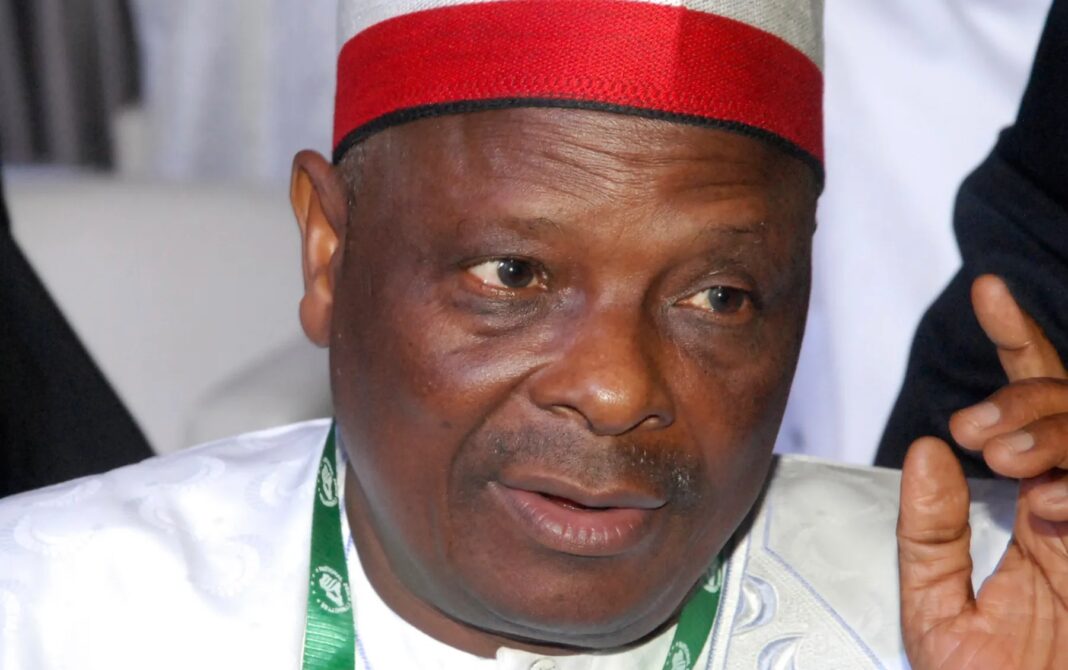Senator Rabiu Musa Kwankwaso remains a beacon of hope for Nigeria’s downtrodden, embodying a politics of service and loyalty often misunderstood by the elite. His commitment is to the ordinary citizens—artisans, farmers, teachers, and jobless graduates—whose voices are drowned out in partisan struggles.
Recent speculation in Kano suggested Kwankwaso was open to rejoining the All Progressives Congress (APC) with conditions, stating, “We are ready to join APC… if.” Far from a power grab, this reflects a leader shaped by betrayal and sacrifice, placing his people above personal ambition. As a founding APC member, Kwankwaso faced persecution in its early days, only to be sidelined after its 2015 victory. Yet, this betrayal fueled his resolve to champion the Kwankwasiyya Movement and its followers.

His condition for rejoining the APC is unequivocal: the movement must be treated as an equal partner, not a tool to be exploited and discarded. In Nigeria’s transactional political culture, this stance rejects opportunism, demanding respect for the movement’s dignity and bond with the masses. His experience with the People’s Democratic Party (PDP), where his supporters were denied even minor roles, underscored the major parties’ focus on factionalism over inclusivity.

At 68, with two presidential runs and decades of service, Kwankwaso could chase personal gain. Instead, he stands on principle, declaring, “We will not allow anyone to use us and later dump us.” His price for returning is not a ministerial post or a presidential ticket but recognition of his people’s worth, elevating politics to a pursuit of collective dignity.

For the talakawa of the Kwankwasiyya Movement, Kwankwaso’s legacy is real: free school feeding, scholarships for indigent students, empowerment for widows and traders, and overseas education for youths. These are lifelines for families across Kano and beyond. His red cap is a symbol of resistance and hope for the poor in an elite-driven system.

As 2027 looms, Kwankwaso’s position underscores that true leadership lies in protecting the people’s trust, not chasing offices. By refusing to trade his movement’s loyalty, he offers Nigeria a vision of principled politics. His role may transcend the presidency, serving as the North’s conscience and a defender of the marginalized.
In a nation where betrayal is routine, Kwankwaso’s loyalty to the masses is a lesson. His legacy will not be defined by titles but by choosing people over power, proving politics can be a noble act of service, sacrifice, and fidelity.




